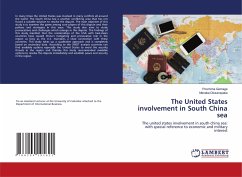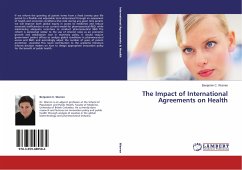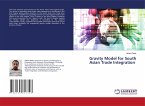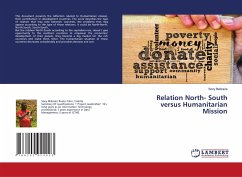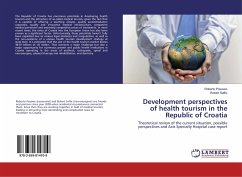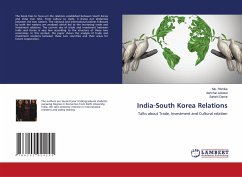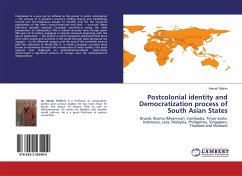The most effective end of the international law system of IP protection is to create a market for new treatments against diseases that affect mostly poor countries. As WTO member, India implemented product patent protection for pharmaceuticals in 2005. Indian companies are now expected to be more willing than western MNCs to address their scientific capabilities in innovation for neglected diseases: they present a comparative advantage in terms of R&D costs and have always supplied low-price/high-volume markets. Nonetheless, the Indian sector has chosen to partner with master hand foreign companies to swiftly acquire proficiency in basic research activities, displaying more efforts for high-income markets. The book, therefore, address the question of whether international market failures could be solved or exacerbated by strengthening intellectual property protection worldwide. The analysis of the past Indian policy framework and of the Indian Patent Act 2005 should help shed light on the forthcoming implementation of patents for pharmaceuticals by LDCs in 2016, on strategies and TRIPS flexibilities that can be used to develop a domestic industry and enhance access to medicines.
Bitte wählen Sie Ihr Anliegen aus.
Rechnungen
Retourenschein anfordern
Bestellstatus
Storno


